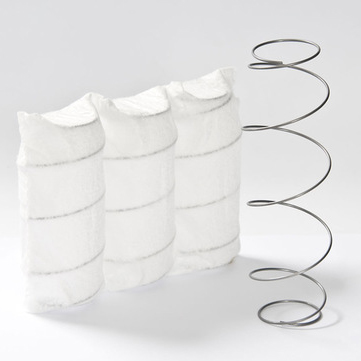Thousands of types of non-woven fabrics,
In terms of use: the same non-woven fabric has different uses, so the effect is different, there is no good or bad
Speaking from non-woven fabrics only: uniformity, stiffness, softness, feel, gloss, smoothness, grammage deviation, bursting strength, elongation, tearing strength, coloring rate, air permeability, water repellency, water absorption Sex and so on
For example:
1. Physical indicators of non-woven fabric surface: observe whether the fabric surface is shiny. Whether there are fibers floating on the surface, if there is no luster or a lot of floating silk, it is probably produced by recycled materials. Tear a piece of cloth, burn it completely with fire, observe the burning residue, good product, the residue is small and flat, and the residue is produced from inferior materials, and the residue has a lot of tiny particles of dust.
2. If time permits, you can take one square meter and expose it to the sun. Poor quality non-woven fabrics cannot withstand the ultraviolet rays of the sun. There will be obvious changes after 7 days. If you tear it by hand, it will be just like paper. It is easy to tear.
3. The appearance index of the non-woven fabric: randomly select a sample of 2 meters for testing, unfold it in a place with light, and visually inspect the surface of the fabric for unqualified defects such as broken threads and lumps.
4. At the same time, pay attention to whether the light transmission performance of the cloth surface is consistent (this is an important and simple method to judge the uniformity of the cloth surface). Then spread it on a flat ground, the product with good uniformity, there should be no undulations on the cloth surface.
Post time: Dec-24-2021








